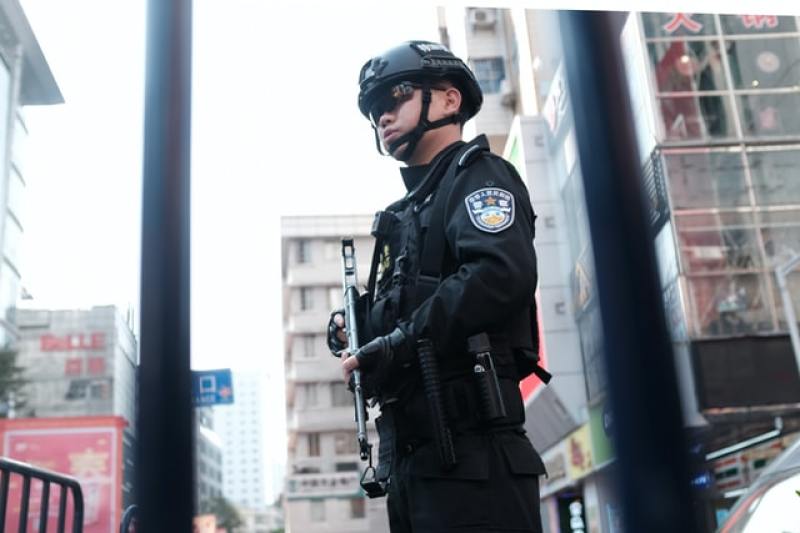
China is now expanding its internal Internet-data surveillance network by using Western social media platforms like Facebook and Twitter to gather information on foreign targets, as evidenced by hundreds of Chinese bidding documents, contracts and company filings recently uncovered by a media outlet.
This information will better equip the Chinese Communist Party's (CCP) government agencies, military, and police authorities with information on whoever they are targeting outside of the country.
According to a report by the Washington Post, China uses a public opinion analysis software that was developed in the last 10 years as surveillance for its citizens and a trigger to warn officials about any politically sensitive materials online. While the software was initially intended for China's local Internet users and media, it appears that the CCP is looking to expand its use internationally, based on a review of bidding documents and contracts for over 300 Chinese government projects since 2020, the Post reported.
The documents showed that the communist government has been ordering software that is specifically designed to collect data on foreign targets from Western social media platforms such as Twitter and Facebook. The documents are available to the public through domestic government bidding platforms.
These documents are evidence that agencies such as state media, propaganda departments, police, military and cyber regulators are now purchasing newer or more sophisticated systems to gather data.
Such software includes one that is a $320,000-worth Chinese state media software program that mines Twitter and Facebook to build a database of foreign journalists and academics. Another is a $216,000-worth Beijing police intelligence program that analyzes Western discussions on Hong Kong and Taiwan.
A Beijing-based analyst who spoke to the Post under the condition of anonymity and works for a unit that reports to China's Central Propaganda Department said that these efforts help them "better understand the underground network of anti-China personnel." He admitted that his unit was once ordered to produce a data report on how negative commentary about China's senior leadership is spread on Twitter. The report included information about academics, politicians, and journalists.
"They are now reorienting part of that effort outward, and I think that's frankly terrifying, looking at the sheer numbers and sheer scale that this has taken inside China," Mareike Ohlberg remarked, as reported by CBN News. Ohlberg is a senior fellow at the German Marshall Fund and a researcher who focused on China's internal public opinion network.
She added, "It really shows that they now feel it's their responsibility to defend China overseas and fight the public opinion war overseas."
It is unclear how much Beijing is spending on China's government public opinion monitoring systems, but in 2014, the state-backed China Daily newspaper reported that there were over 2 million people working as public opinion analysts at the time. Another state-backed newspaper, the People's Daily, reported in 2018 that the industry was worth "tens of billions of yuan," which translates to billions of U.S. dollars, and was growing as fast as 50% annually.






























